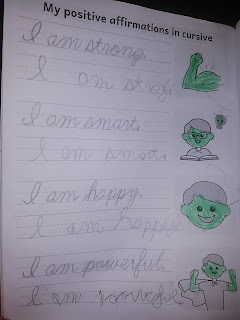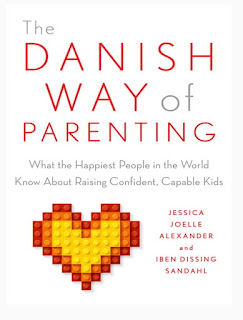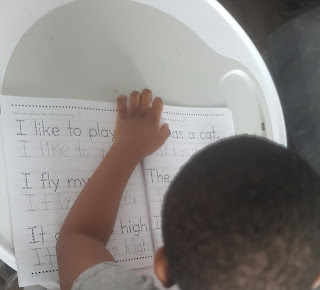Music Education For Young Kids
Music is a universal language that transcends cultures, generations, and backgrounds. For young children, the benefits of music education go far beyond simple enjoyment—it shapes their cognitive, emotional, social, and physical development in ways that can last a lifetime. Whether through singing lullabies, tapping rhythms, or learning an instrument, early exposure to music provides a foundation for growth that every parent or caregiver should consider. 1. Music Enhances Cognitive Development Research shows that music activates multiple areas of the brain, enhancing cognitive skills like memory, problem-solving, and critical thinking. Exposure to rhythm and melody can improve mathematical and spatial reasoning. For example, children who study music often perform better in subjects like math because they develop an understanding of patterns, timing, and sequencing. 2. Music Improves Language and Communication Skills Music introduces children to the rhythm and patterns of language. S










